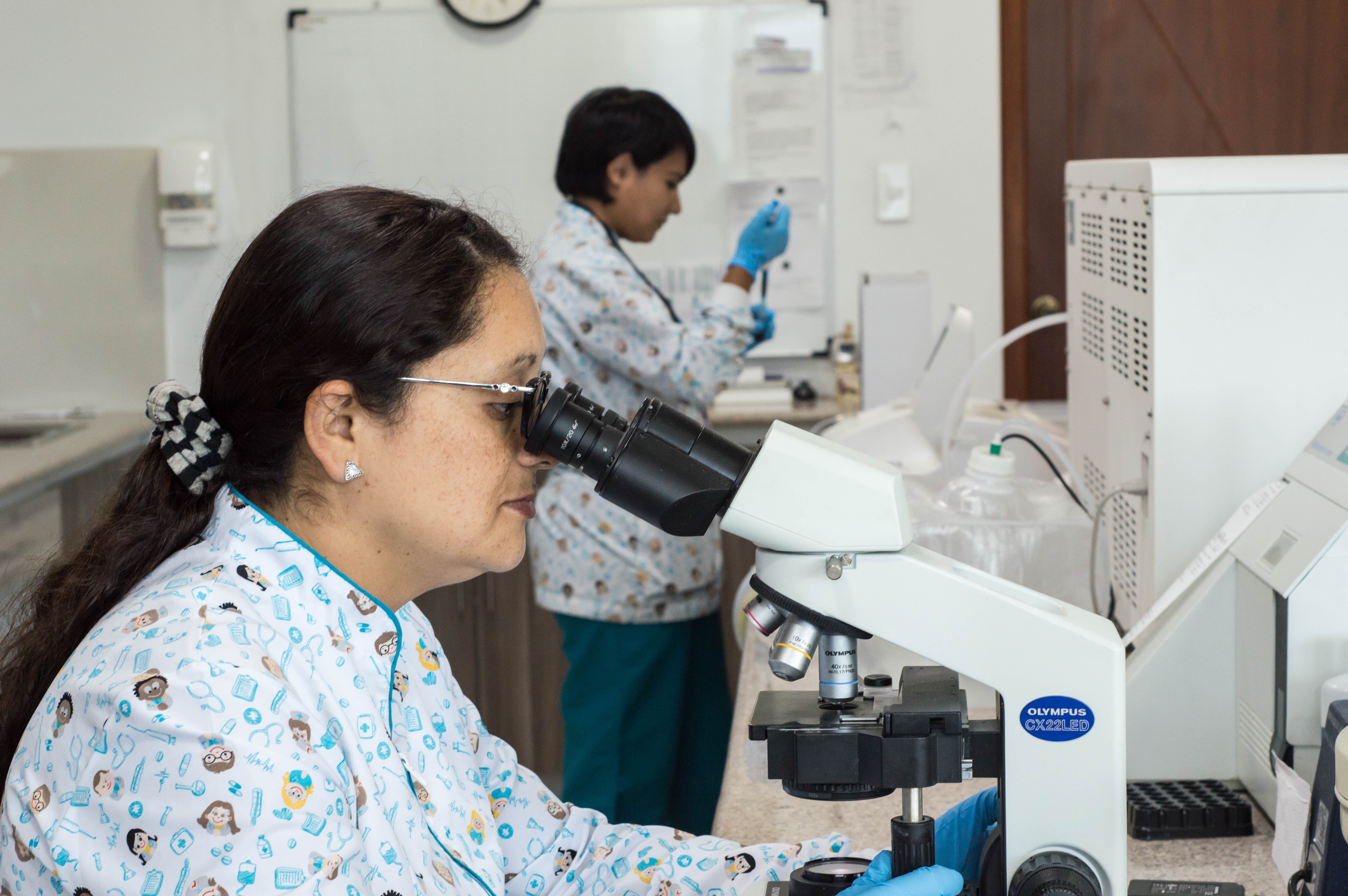Is a science degree a guarantee of employment?
It is widely assumed that sciences offer students a ‘safe’ future. While there are many opportunities available, expectations do not always align with reality
By Lucie Demers
They are passionate about science: they read, examine, experiment. They are high achievers in mathematics, chemistry and physics. They dream of contributing to the improvement of health and the quality of life on a global scale. They are hopeful for the future: careers in science offer good, stable, well-paid jobs, don’t they?
Although this field offers many opportunities, the job market is not always favourable to graduates. The unemployment rate for graduate students is amongst the highest[i], compared to applied sciences, humanities, letters, etc. So why is it still so widespread that sciences offer a ”safe” future?
There are important elements to know about careers in science and research. The goal here is not to praise nor to criticize taking up a career in science, it is to present the essential information to better accompany teens and young adults who are considering a career in the scientific field.
Employment statistics of recent graduates
As in any career-orientation process, employment statistics indicate the ease (or not) that graduates of a specific field have entering into the job market.
In the field of science, data from statistical surveys are often very encouraging. On the other hand, some must be interpreted with caution.
- In disciplines with few students (e.g. physics), the very small sample size may lead us to question the reliability of the unemployment rate. [ii]
- 73% of civil engineering graduates with a bachelor’s degree have a full-time job related to their training, compared with 5.3% in physics.[iii]
- A question must be pondered: have people pursuing a master’s degree pursued their studies by choice or for lack of finding a job?
- There may even be different realities within the same discipline (e.g. chemistry) depending on the specialization chosen by the graduates (e.g. organic chemistry, materials chemistry or theoretical chemistry). Why? Statistics on training programs only show the average of their category. The difficulties of professional integration encountered by graduates of certain specializations are thus camouflaged.
- Employee compensation, regional employment opportunities and changes in the employment market may also explain why some science graduates (in physics, chemistry and math) have a harder time entering the job market than science graduates in engineering or applied sciences[iv].
Evaluating employment data with a critical eye
Employment statistics are a treasure chest of valuable data, but are insufficient in making an informed career choice. It is therefore essential to consult other sources, but it is important to be aware of their limitations and know how to validate the information they provide.
 First, the data provided by some institutions may seem reliable, but their interests must be weighed. Each student is a potential source of income for universities, so some may present their data to their best advantage to attract a maximum number of students. The same is true for professional groups, which must support their industry by meeting companies’ ever-growing workforce needs. Therefore, one should not hesitate to cross-check the employment statistics conveyed in certain advertisements.
First, the data provided by some institutions may seem reliable, but their interests must be weighed. Each student is a potential source of income for universities, so some may present their data to their best advantage to attract a maximum number of students. The same is true for professional groups, which must support their industry by meeting companies’ ever-growing workforce needs. Therefore, one should not hesitate to cross-check the employment statistics conveyed in certain advertisements.
Newspaper articles are another source of potential information, but there is also a need to be critical of them. For example, one should be wary of articles that cite only one source of information, only quote industry representatives or use statistics in isolation.
In some government information sources, which are otherwise quite neutral, the employment outlook indicators are rather vague (e.g. good, acceptable, weak). Other sources are very useful for taking the pulse of a field (e.g. job offers, student associations, recent graduates, mentors, etc.), but the information collected is subjective; it may not be representative of the entire field.
Overall, each source of information has its advantages and disadvantages. That’s why guidance counsellors and career professionals are the best sources to help jobseekers make an informed decision.
3 things to know about graduate studies and research
Have a client who wants to do a master’s degree or a doctorate in science, or who is interested in research? Here are some things you need to know.
- In some areas, a graduate degree is not conditional to employment. For the employer, a doctorate is not a guarantee of resourcefulness or ability to innovate.
- Research is an extremely competitive field, with a global span. Which researcher will publish his or her results first? Many scientists work evenings and weekends to stay in the race.
- Researchers are accountable to the organization that hires them or funds their research. Their position may be up for grabs if they do not reach the expected goals.
Becoming a scientific researcher
Only 20% of doctoral graduates are employed as full-time university professors.[v],[vi] Students who are interested in this type of career should prepare by:
- Reading scientific articles
- Acquiring early experience such as internships
- Differentiating themselves from other students in their class (by having good academic results, which are the main selection criterion for the award of summer research internships and master’s scholarships)
- Approaching researchers they wish to have as supervisors early on
- Doing a post-doctoral internship
- Targeting the best laboratories, which welcome the most eminent researchers and have more resources to finance large projects
- Applying to scholarships for research funding
In the end, the best choices are those made wisely, by knowing and acknowledging the facts, and respecting personal values and interests.
This article was inspired by the book Les carrières en sciences – Astuces pour éviter les pièges (2017), by Dr Maxime Bergeron.
Lucie Demers is guidance counsellor and editorial director at Septembre éditeur, a publishing house specialized in career guidance content. She has contributed to the development of several books and digital tools over the last seven years.
References
[i] Ministère de l’Éducation et de l’Enseignement supérieur (MEES). «Enquêtes Relance», MEES, http://www.education.gouv.qc.ca/references/indicateurs-et-statistiques/enseignement-superieur/enquetes-relance/
[ii] Idem.
[iii] Idem.
[iv] Paquin, G. (2012). «Inscriptions universitaires: le génie minier trouve le bon filon», La Presse, http://affaires.lapresse.ca/portfolio/ ingenieurs/201211/08/01-4591617-inscriptions-universitaires-le-genie- minier-trouve-le-bon-filon.php
[v] Braün, D. (2014). «Faire de longues études pour mal gagner sa vie», Radio-Canada, https://ici.radio-canada.ca/nouvelle/656835/postdoctorants-canadiens-difficultes
[vi] Munro, D. (2015). «Where Are Canada’s PhDs Employed?», Le Conference Board du Canada, https://www.conferenceboard.ca/press/newsrelease/15-11-24/Where_Are_Canada_s_PhDs_employed.aspx

